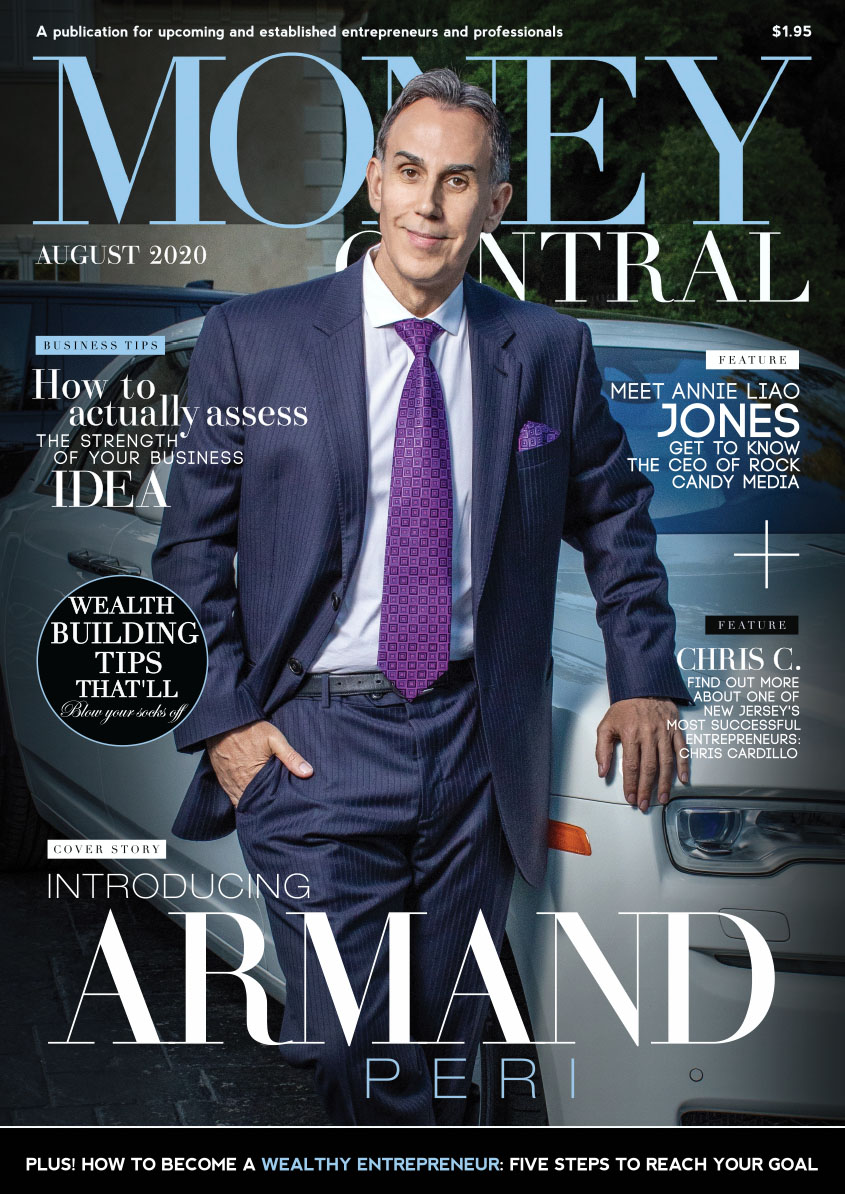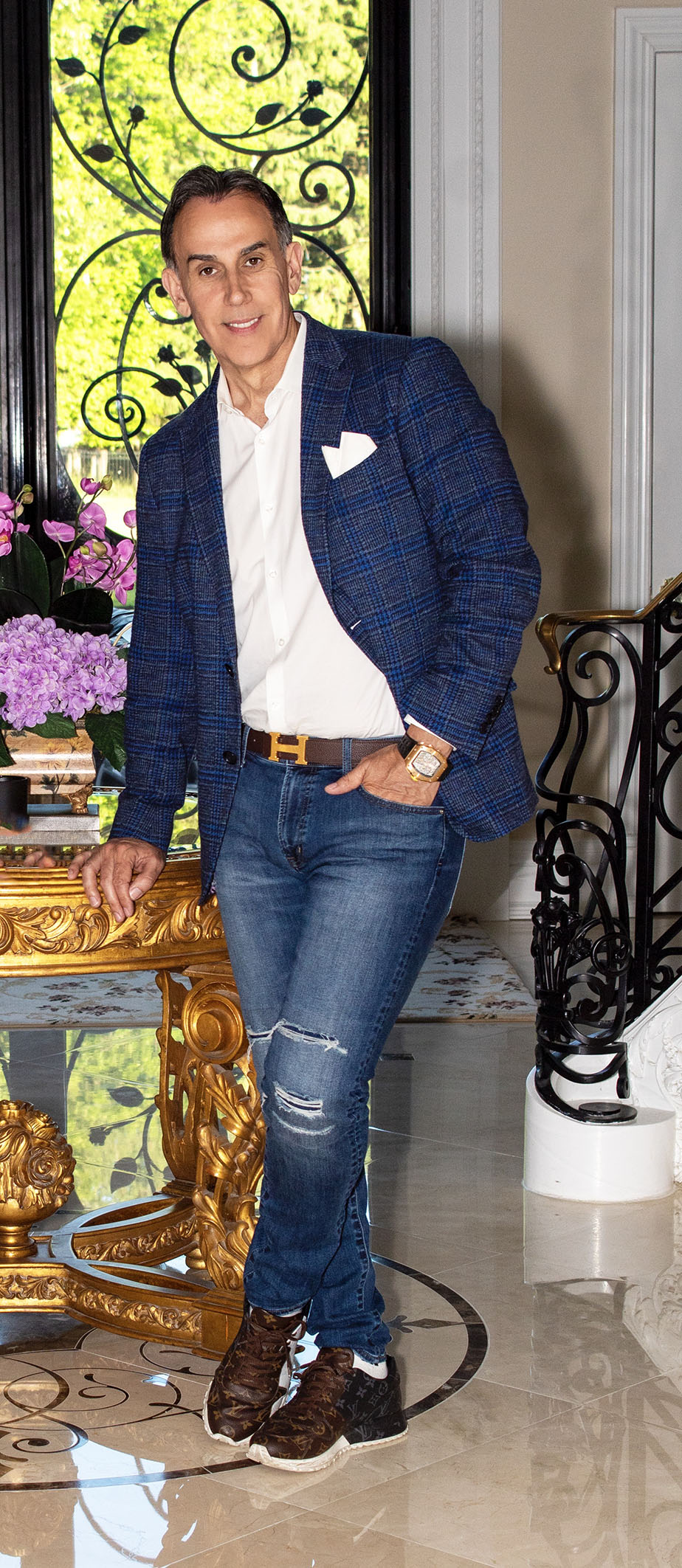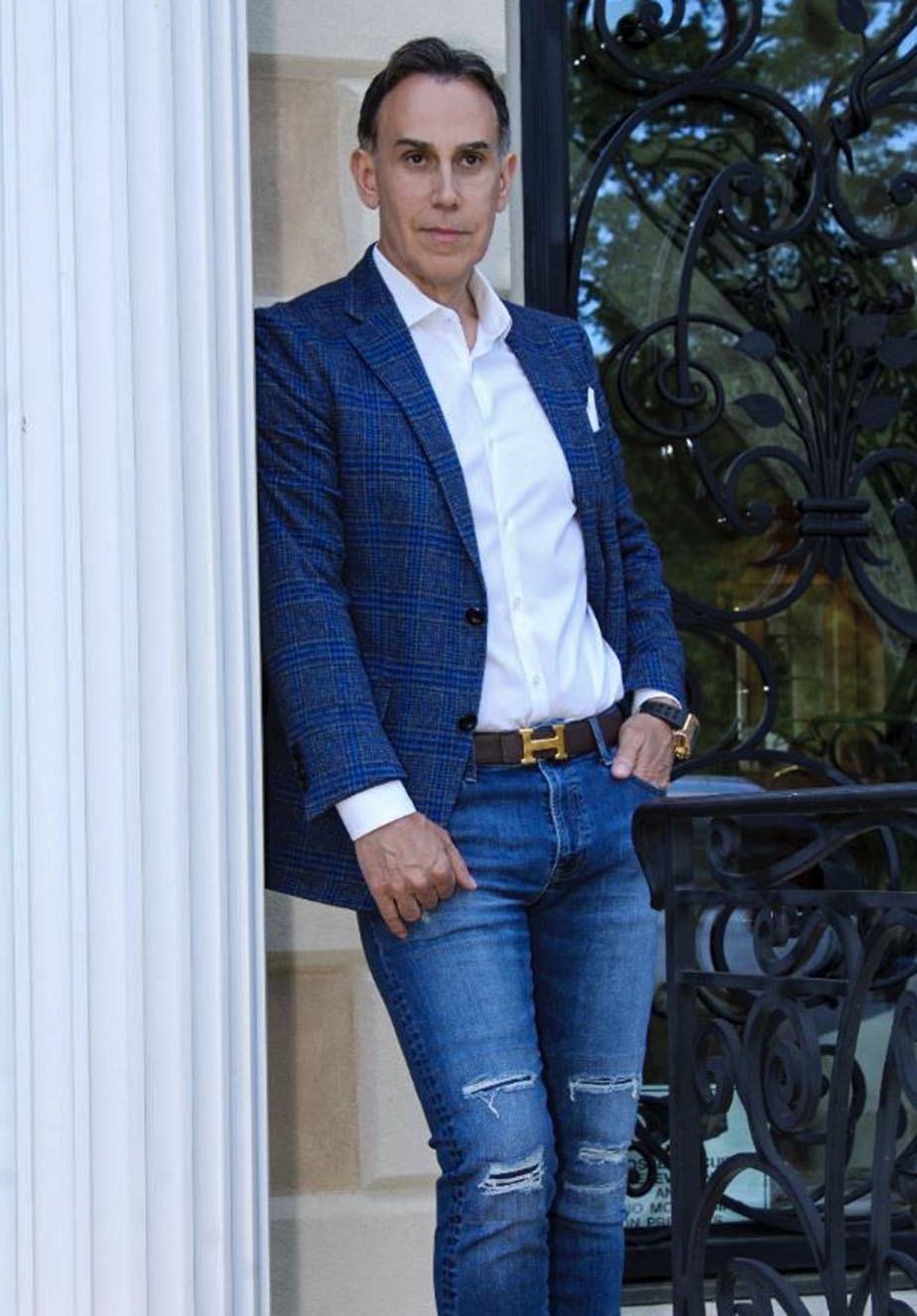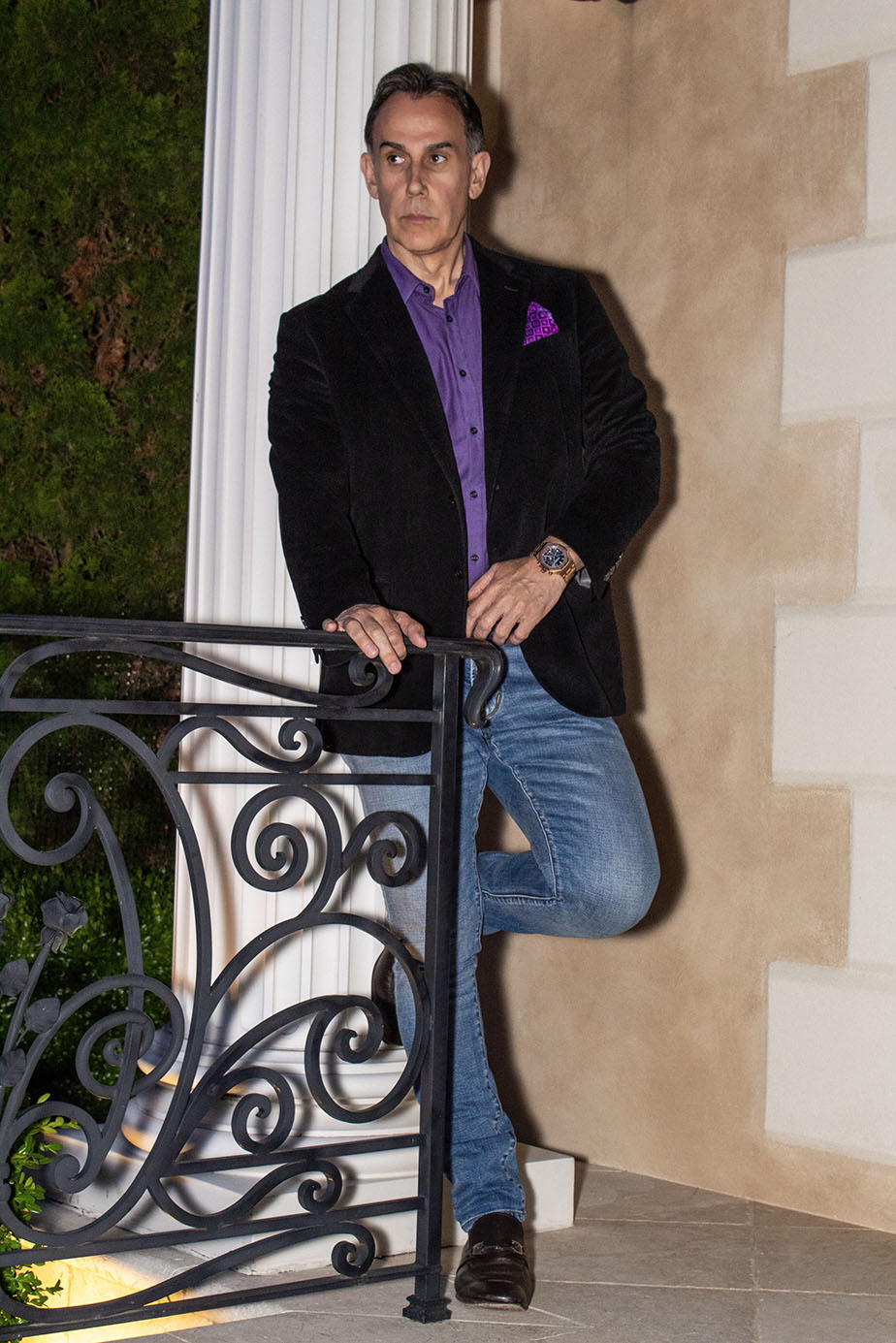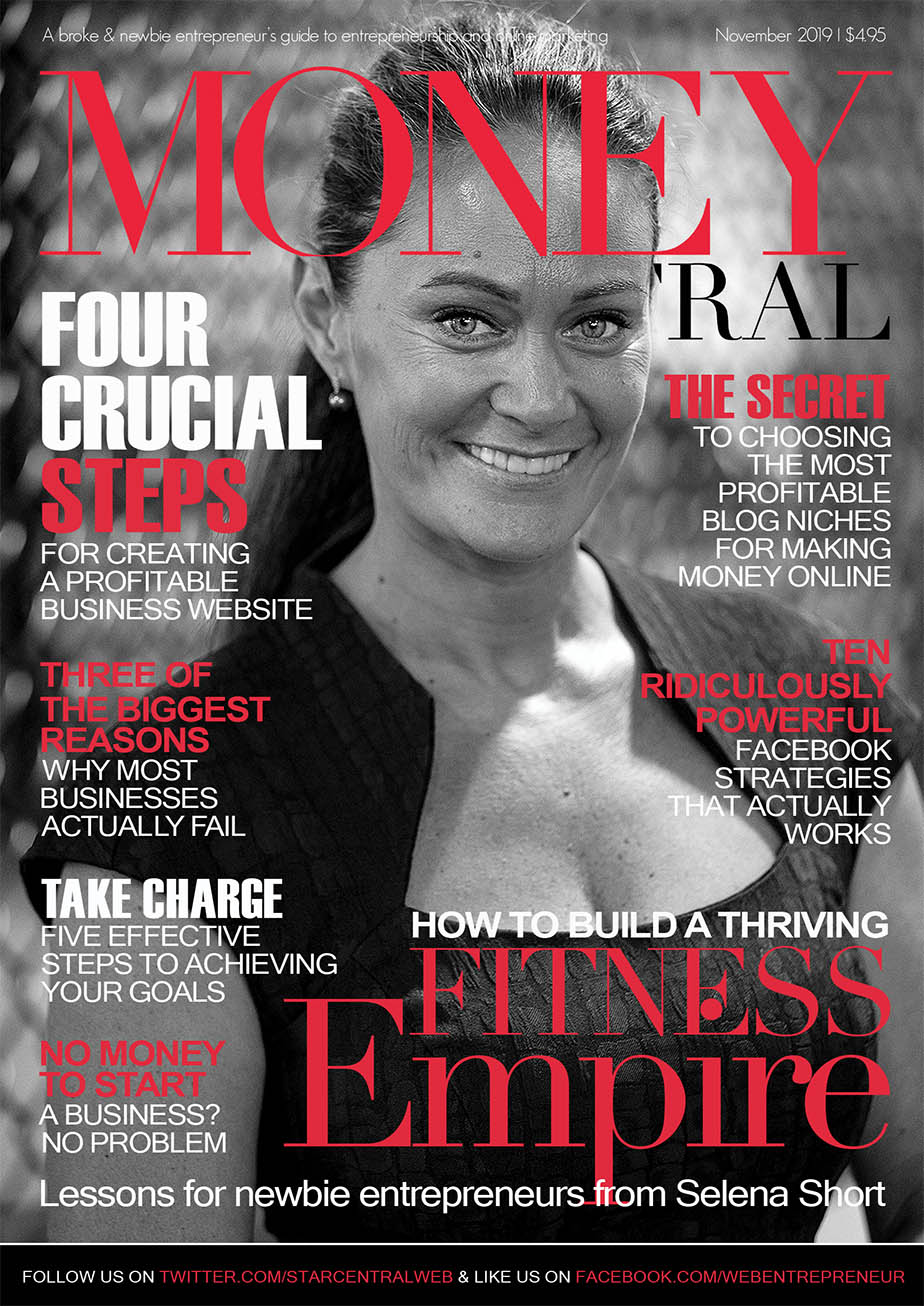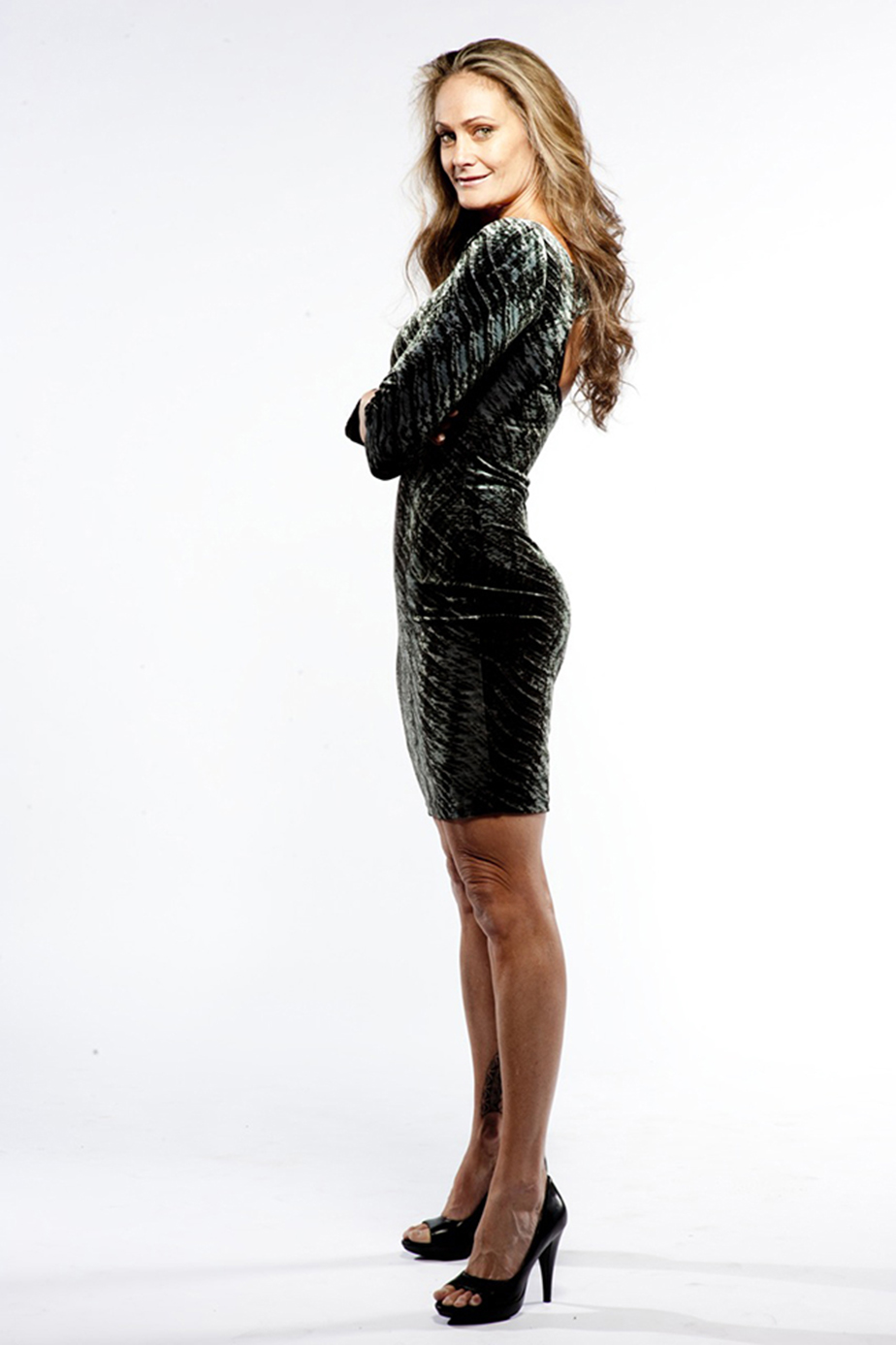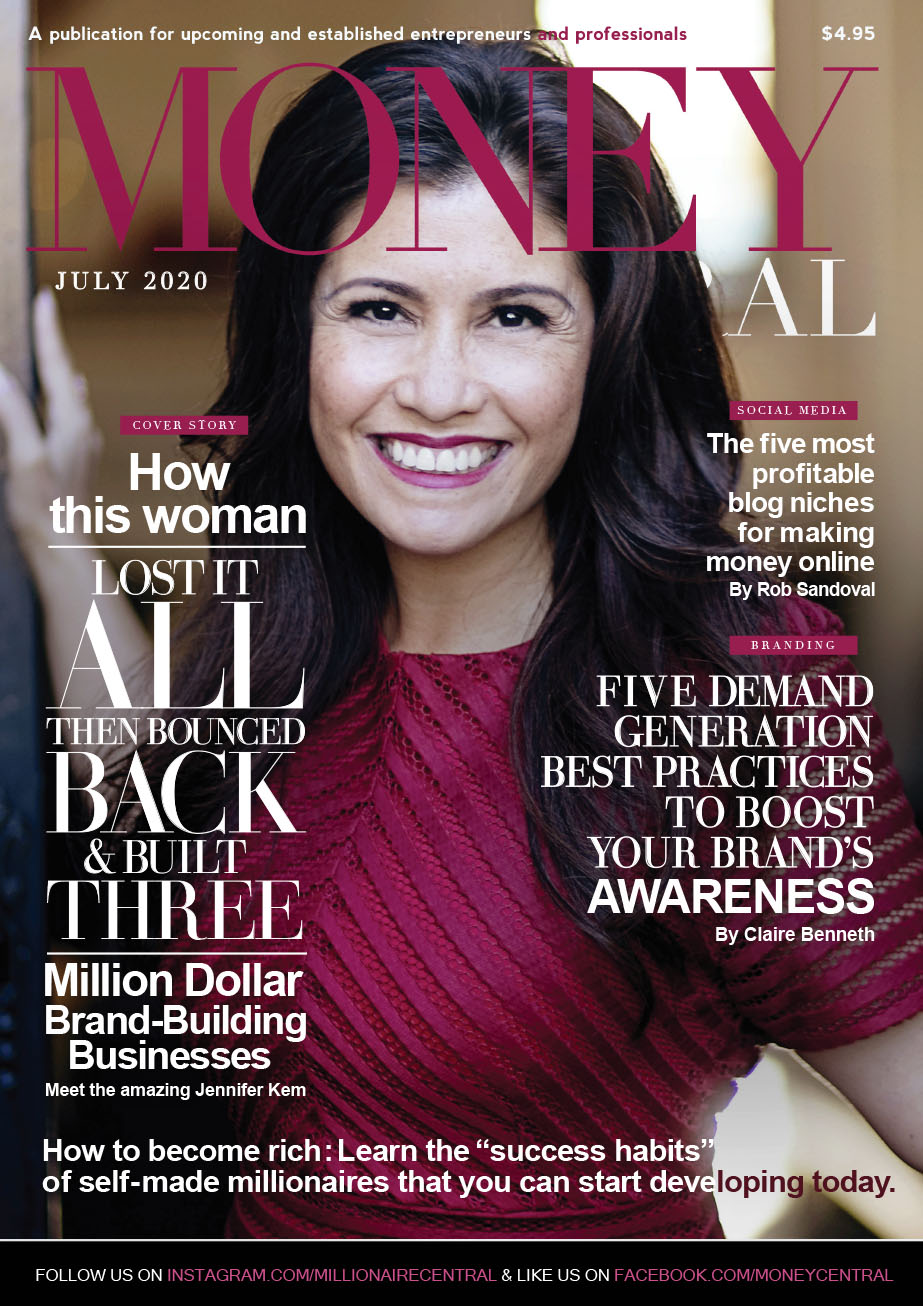
Jennifer “Jen” Kem is a San Francisco Bay Area-based branding and marketing expert who gets entrepreneurs seen, heard, and paid – for being themselves.
She’s the creator of the Master Brand Method: a framework to develop powerful brand archetypes that win customers’ hearts, leveraging Jennifer’s 17 years of corporate experience and her launching of multiple companies.
She uses the Master Brand method in digital strategy coaching for emerging entrepreneurs, celebrity brands like Oprah Winfrey Network and Steve Harvey, and major corporations including Verizon, Blue Cross Blue Shield, and Bank of Hawaii.
Jennifer serves up straight talk wrapped in love because she understands entrepreneurs’ challenges: She built a retail business and became a millionaire at 32, only to lose it all in the recession two years later. She is now the successful owner of three million-dollar brand-building businesses and the mother of three children.
MoneyCentral Magazine recently caught up with Jennifer to discuss her journey to entrepreneurship and here’s what went down:
Could you please tell our readers a brief background about yourself?
I grew up in the sugar plantations of Hawaii watching my grandmother transition from sowing seeds in the fields to becoming our family’s first entrepreneur when starting her own in-home elderly care business. Inspired by her example, I launched Hawaii’s first brick and mortar lingerie store in 2006, becoming a self-made millionaire at 32 years old. Then, disaster struck as the 2008-2009 financial crisis swept me clean of all financial reserves. I lost my store, my staff, and my beloved grandmother all at once.
After wrestling with grief and depression, both natural consequences to all I had experienced, I began to understand that I had a choice: I was given the opportunity to rebuild and could do so with more power, more wisdom, and more resources than the first time around. I decided to start a service-based, recession-proof brand consulting business. Within a few years, I developed my own marketing process called the Master Brand Method: a framework to develop powerful brand archetypes that win customers’ hearts and encourage them to open their wallets, and opened the Master Brand Institute.
Today, I live in the San Francisco Bay Area and share tools and resources to serve small business leaders in this time of economic crisis. I’m proud that I can utilize all of my past experiences to serve other leaders and continue to contribute to the stability and growth of the economy.
Can you describe your journey to success?
As a little girl, I always had big dreams inspired by my grandmother’s mentorship. When I grew older, I began to notice that I had sort of a sixth sense: I could smell money in opportunities. This served me well as I began my career in B2B branding and marketing for technology companies, winning them large, lucrative contracts. When I decided to fly solo and redirect my natural business instincts and corporate experience to entrepreneurship, I naturally felt both the rush of possibility as well as the shakiness of risk. My success grew just as quickly as it failed, with both the realization of wealth filling me up and the plummeting into pennilessness draining me once more.
But I had babies to feed and big dreams to fulfill, so I began again. With the support of family, friends, and mentors, I was able to leverage my past as a successful brand expert in corporate settings and an entrepreneur to build yet another business venture. I used my sixth sense, smelling the money in opportunities to find quick, and this time, lasting success.

What are you currently doing to maintain/grow your business?
In the midst of the COVID-19 pandemic, I am focusing on serving the small business community. This means I am gathering resources to keep them in the market, promoting branding strategies to help them sustain their clientele during the crisis, and foreshadowing how they can thrive faster post-quarantine. Additionally, I am creating a community for small business leaders so that they have competent and compassionate support that will fuel them so that they can stay true to themselves, their families, their businesses, and their brands during this stressful stage in history.

What is your main tactic when it comes to making more people aware of your brand and engaging your customers?
At Master Brand Institute, we have developed a tried and true way to ensure businesses will be successful from their marketing campaigns. One, they must understand their brand archetype, which will define their essence, vision, and communication style. Two, they must invest in a deep knowledge of the understanding and motivation of their ideal audience. Three, they can integrate visual aesthetics that promote the brand’s values to attract customers. Four, they can practice an activation process of testing, iterating, and launching successful products. Five, they commit to amplifying their brand, their products/services, and successful campaigns to a variety of platforms and audiences, with confidence and an ownership mindset.
What form of marketing has worked well for your business throughout the years?
I believe in the power of brand archetypes, which is a term coined by Carl Jung, a renowned Swiss social psychologist. Archetypes can be defined as recurring stories or characteristics that make up human behavior. Understanding your own archetypes can help you to assess what talents come naturally to you and where you might need support in the development of your brand and business. There are 12 primary archetypes: the Maverick, Ruler, Sage, Explorer, Ruler, Lover, Alchemist, Creator, Provocateur, Healer, Hero, Muse, and Advocate. Each person is a conglomeration of three archetypes: Dominant, Intrinsic, and Intuitive. Your dominant archetype defines brand visibility and values. Your intrinsic archetype, or your secondary, helps decide your brand identity. Lastly, your intuitive archetype supports you in all decision making. Each archetype has a light side and a shadow side. Understanding where you will shine and where you need help shining will set you up for brand success. Using the dominant archetypes in your messaging, email and social media campaigns help create authentic resonance and make people trust your brand more.
How did your brand stand out from the rest of the other brands out there that is similar to your niche?
Besides the brand archetypes methodology that we use, we use a values-driven framework called the Master Brand Method and Brand Authority Map that specifically lines up what the brand stands for and how it helps its audience. Ultimately people buy things because they are clear on how a product/service helps them in their lives, and our Method and Map allow our clients to market more effectively because of how clear they are in what they deliver.
We also emphasize storytelling – because, in any niche, the only thing that truly sets you apart is your stories, both your authority and your approachability stories. When your brand tells a better story that connects with your audience, you enroll clients on demand.
What is the toughest decision you had to make in the last few months?
Canceling all of our live conference events and shifting them to online conferences for the rest of the year. In-person platform events are one of the biggest ways we make revenue not just for our company, but for our clients we consult with too. So adapting and pivoting to a purely online delivery took a lot of choreography, modified marketing, and increased fulfillment. It also takes different types of people resources to create an online experience in the same realm as an in-person experience, so there were additional training and sales expectations to be modified.
What money mistakes have you made along the way that others can learn from?
During the 2008-2009 recession, I believed that I could continue to expand my lingerie business in a failing economy against the recommendation of my financial advisor. I expanded without increasing cash flow and went deep into debt. At the time, I thought that in order to have integrity as a business owner that I needed to pay off all of my debts even when I had no money coming in. This was a huge mistake. I ended up paying thousands of dollars in debt only to go bankrupt anyway a year later.
Today, I coach entrepreneurs to focus on gathering cash reserves to utilize in times of crisis. I encourage them to find trusted financial advisors who can accompany them honestly and safely throughout their business cycles. I also counsel business owners to consider bankruptcy if they get stuck financially, without holding the societal shame. Bankruptcy was created so that business owners could start again and utilizing the system is very much in alignment with being a person of integrity.
What have you learned in the process of becoming wealthy that others can learn from?
I came from a family that immigrated to the United States because we had so little and dreamed of so much. I am grateful for the privilege that my family passed down to me in their hard work and have continued that diligence to bring more wealth into my family. I enjoy the wealth I have while recognizing that so many other families are on different stages of their wealth journey. I always hope to empower people into more wealth through sharing my insights in personal and professional contexts, as well as gifting portions of my abundance to those in need.

What new business would you love to start?
I am currently building two platforms to help women acquire affluence and influence that I’m super excited about! One, Femmefluence, is a podcast that sheprenuers can listen to in order to be guided in topics from soul research, to tribe building, to brand mastery. Additionally, The HerQ is a women-focused co-working collaborative space in Walnut Creek, California that will open as soon as the Coronavirus Pandemic has passed and we’re all safe to inspire each other through collaboration in common places again!
If you could go back in a time machine to the time when you were just getting started, what would you do differently?
I would have hired a mentor sooner than I chose to – both in the business world and in supporting my personal development. Coaches, therapists, and consultants have been critical partners in my growth as an entrepreneur, and I believe in investing in them before you “need” them and especially before you think you can afford one. The goal of hiring experts to help you is not to make you better at what you’re already good at – the goal is to hire them to help fill the gaps and navigate the blind spots, which we all have. And, create a wealth-building strategy early by paying myself forward with an IRA, life insurance, and estate plan. I have one now but would have definitely liked to have started one earlier.
What is the best advice you have ever been given?
My first mentor at work was a woman named Maria who had the life I wanted. I asked her, “If I want to have what you have in the next 10 years, what do I have to do?”. She said: “If you take the jobs (projects/tasks/things) that no one wants to do, you’ll get seen, heard, and paid more than anyone else in your field.” She was right.
What advice would you give to a newbie Entrepreneur setting up their first business?
Build a network of support internally and externally! Understand your inner voices and motivations. Listen to the ones on your side and learn to reframe the ones who challenge or limit you. Hire a coach or therapist if you need support in this work. Otherwise, find peers to normalize what you’re going through, mentors to lead you to where they are, and mentees who you can coach to remind you of how far you’ve come. This support network will carry you past obstacles and into a sustainable success!



